Global Health Program Faculty
As an interdisciplinary program, Global Health students get the opportunity to work closely with university faculty from a wide range of departments and with diverse expertise.
As an interdisciplinary program, Global Health students get the opportunity to work closely with university faculty from a wide range of departments and with diverse expertise.
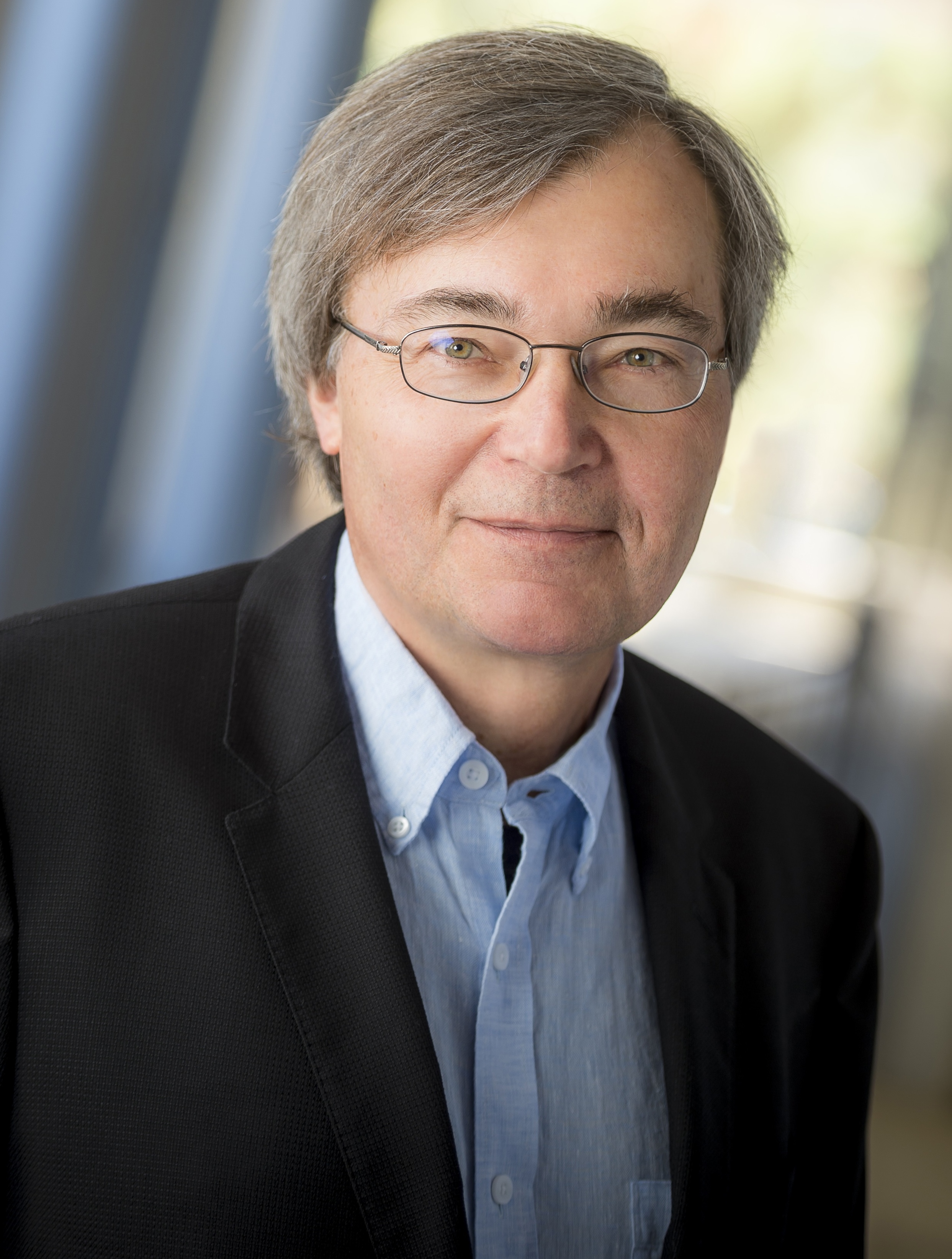
Dr. Thomas Csordas is an anthropologist whose principal interests are in medical and psychological anthropology, comparative religion, anthropological theory, cultural phenomenology and embodiment, globalization and social change, as well as language and culture.
Radhika Bhavsar is a 15-year subject matter expert in nonprofit innovation, driving transformative change across the U.S., India, and East/West Africa. She's a versatile program and product leader, holding degrees in social science and public health, along with certifications in Lean Six Sigma, Project Management, and Health Education. Radhika's impactful work includes working with the US Department of Defense to establish the U.S. Military Health Systems' inaugural population health program, spearheading COVID-19 solutions at Partners in Health, shaping product and innovation at the March of Dimes, and digitizing healthcare in Rwanda’s Northern Province during her Global Health Corps fellowship in 2016-2017. Currently, Radhika serves as a Senior Technical Specialist in Innovation at Global Communities, supporting the intersection between global development and social innovation and entrepreneurship.
Nile Regina El Wardani received her Ph.D. and MPhil from the University of London, London School of Hygiene and Tropical Medicine (LSHTM - established in 1899). Her research focused the policy process, governance, and civil society within health sector reform at a global level. She received her MPH at the UCLA Fielding School of Public Health. Nile has taught Global Health topics at CSUSM and the American University in Cairo, Egypt in the School of Global Affairs and Public Policy. She has worked for over 30 years in Africa, the Middle East and USA as a program manager/project creator in the fields of public health and international development with many NGOs, ministries, and UN agencies. She specializes in public health education, human rights, health systems, reproductive health, and women’s empowerment. She was awarded the Middle East Award for Social Science Research for her research on the Egyptian health sector reform. Nile has consulted for UNESCO, UNICEF, WHO, UN Women, and the Egyptian Ministries of Health, Education, and Information. She has worked with bilateral donors including USAID, Finnida, Danida, and Dutch Aid and many NGOS in the Middle East and Africa.A multi cultural person, Nile speaks English, French, Arabic and Spanish.
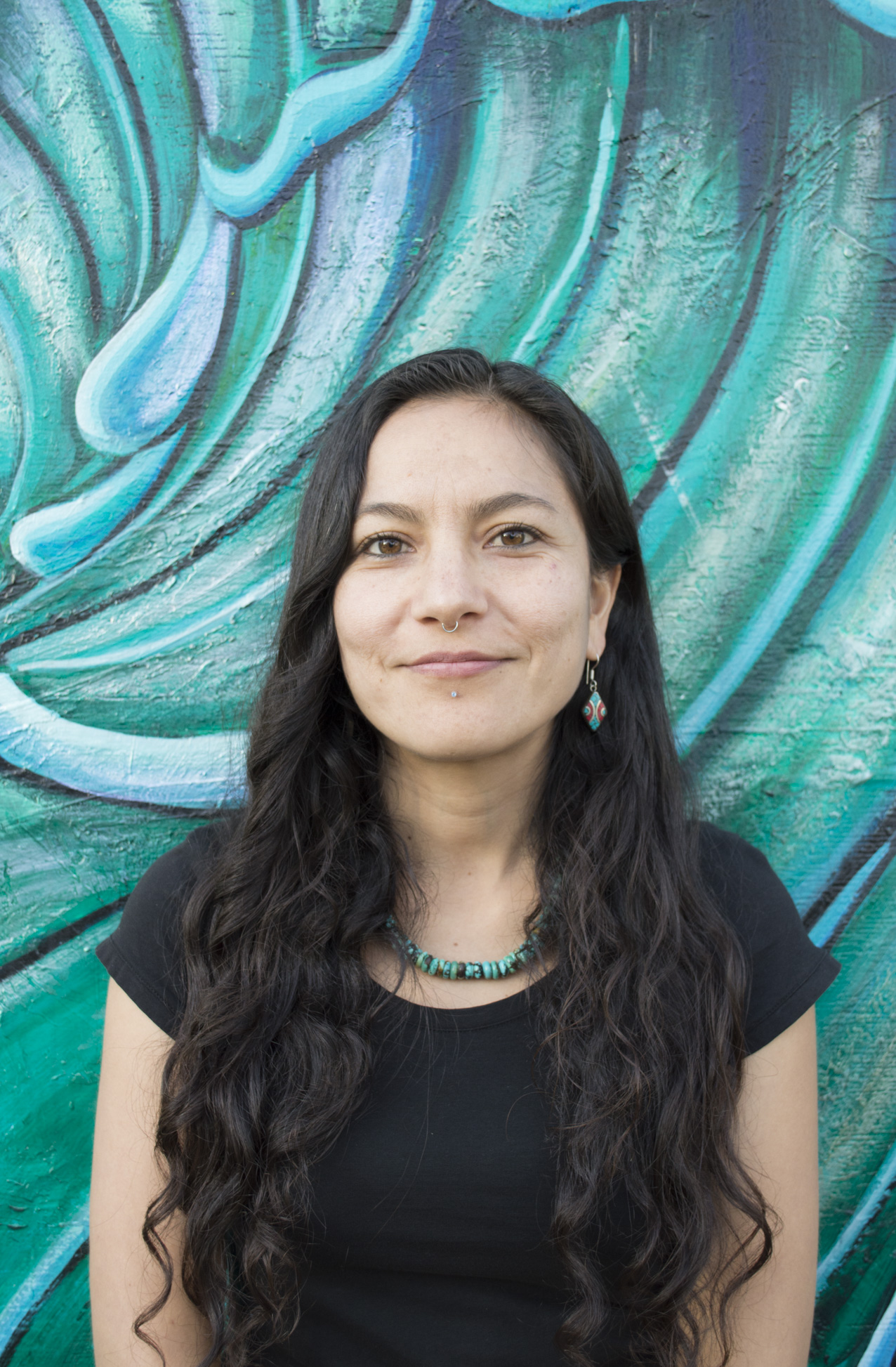
Dr. Olga L. Olivas Hernández is an anthropologist with a particular research expertise in the US-Mexico border region, some of the themes she has explored are new spiritualities, mental health and migration, substance use/abuse, treatment, and healing systems in cultural context. She has a Ph.D. in Social Sciences with an emphasis in Social Anthropology from CIESAS Occidente, Mexico. Recent research projects include: Embodiment and Subjectivity in Religious Treatments for drug abuse; Life trajectories and substance abuse among Mexican Migrants in the U.S.-Mexico Border; and Cultural Perceptions of Emotional Wellbeing and Patterns of Help-Seeking in Tijuana, Mexico. Currently, she is researching Health and Migration Trajectories among asylum seekers stranded in mobility in Northern Mexico.
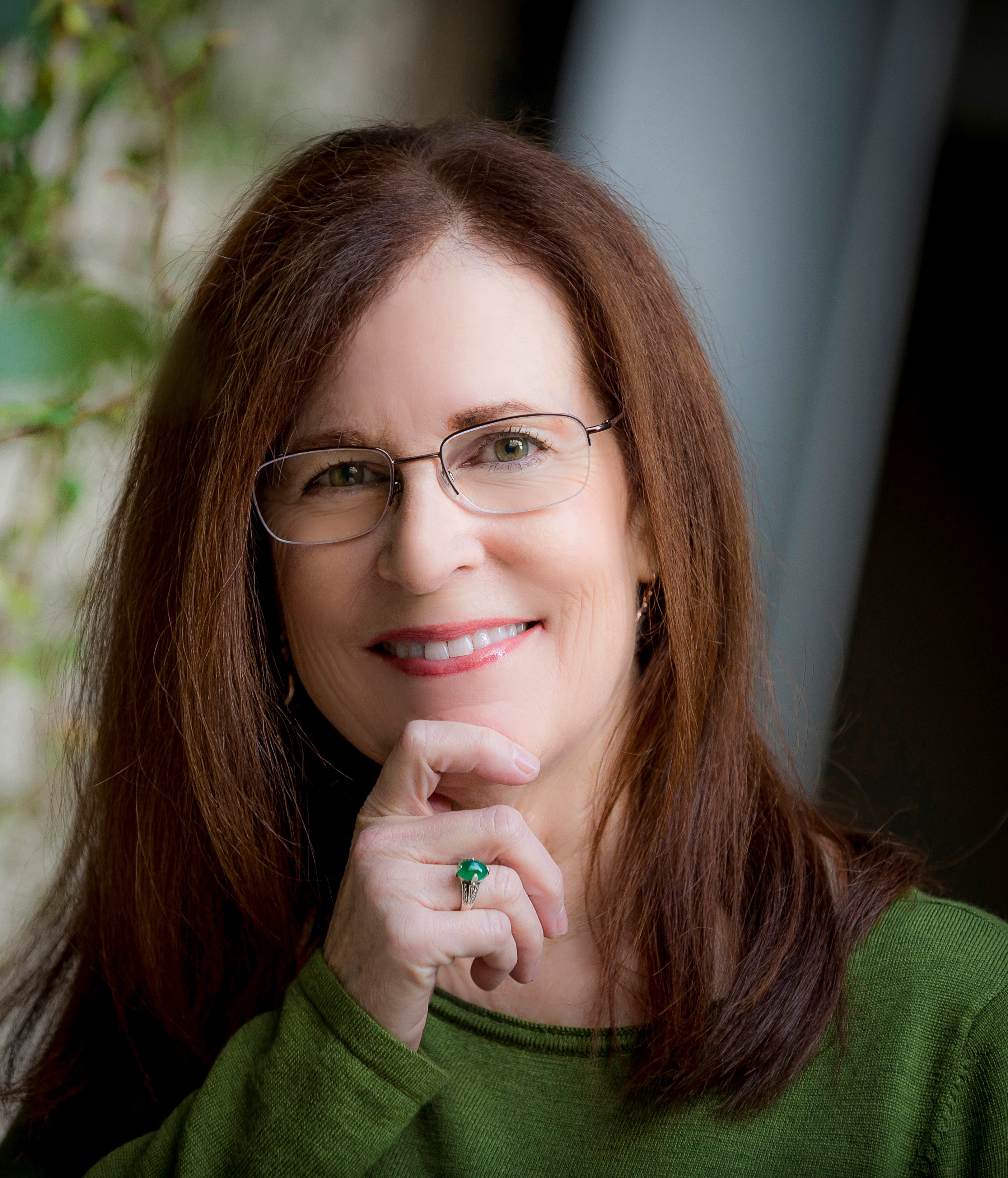
Dr. Janis Hunter Jenkins is a psychological/medical anthropologist. She received her Ph.D. from UCLA and post-doctoral training at Harvard Medical School. Jenkins is an expert on psychological and medical anthropology, mental health, and Mexican and Central American migrants. Professor Jenkins is a leading scholar internationally within the field of culture and mental health and a core faculty member of the Global Heath Program.
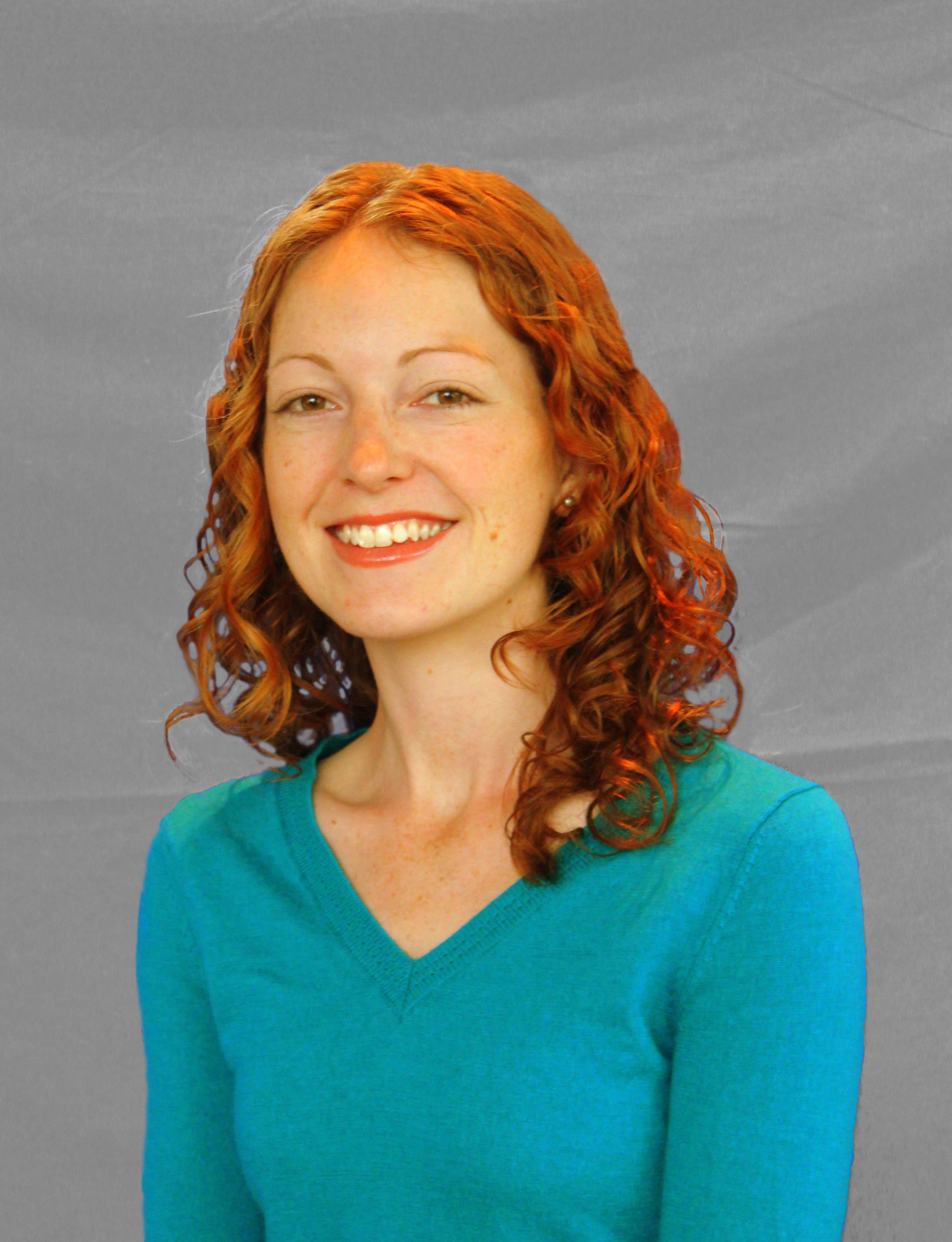
Bonnie Kaiser is an Associate Professor jointly appointed in the Department of Anthropology and Global Health Program. Her research focuses on elucidating cultural models of mental health and illness and exploring their connections to care-seeking; developing and adapting measurement tools for cross-cultural research and interventions; improving cultural adaptation of global mental health interventions; and critically exploring concepts of trauma, risk, and resilience. She is a qualitative research specialist and consultant with UCSD's Dissemination and Implementation Science Center
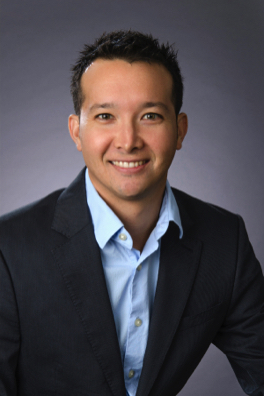
Dr. Mackey is a global health policy and data scientist with an interdisciplinary background. Dr. Mackey earned his PhD in Global Public Health from the UCSD-SDSU Joint Doctoral Program in Global Health and also holds a MAS in Health Policy and Law. Dr. Mackey's research interests include global health governance, health diplomacy, infodemiology, machine learning, blockchain, and health policy and innovation.
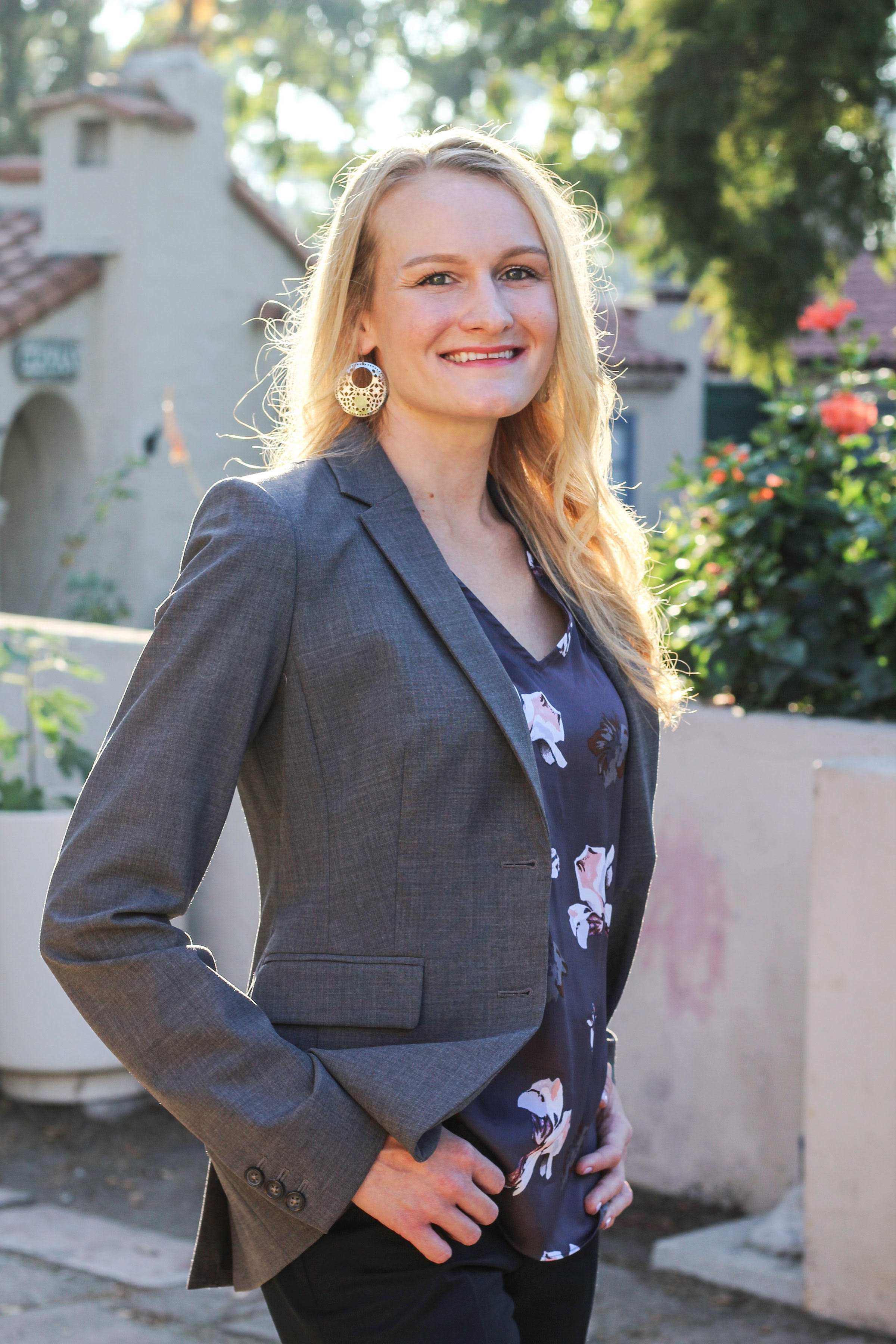
Dr. Amanda Miller is a public health researcher specializing in the syndemic of alcohol use, mental health disorders, HIV, and intimate partner violence. Her work is dedicated to developing and implementing culturally and contextually relevant interventions aimed at addressing these critical issues in disproportionately burdened populations and low-resourced settings. Dr. Miller currently has several NIH-funded projects in Uganda and South Africa, targeting vulnerable populations such as pregnant women who use alcohol, individuals co-infected with TB and HIV, men living with HIV who engage in hazardous alcohol use, and young girls facing depression and/or alcohol use. Her research not only contributes to understanding these complex interconnections but also informs sustainable strategies to address these health issues collectively, to improve overall community health.

Dr. Jeffrey Schonberg is a medical and visual anthropologist and activist who works with unhoused communities and on issues of violence and suffering. Dr. Schonberg is a recipient of the G.G Greenhouse 2022 Community Award from Alameda County (California) Healthcare for the Homeless, the Paul Farmer Global Citizenship Award from the Society for Public Anthropology, and a Committee on Teaching Excellence Award from the School of Public Health at the University of California, Berkeley.
His co-authored photo-ethnography, Righteous Dopefiend (UC Press, 2009) was awarded the Leeds Prize from the Society for Urban/National/Transnational/Global Anthropology; was an honorable mention for the Gregory Bateson Book Prize from the Society for Cultural Anthropology; and a Red Star selection from Publishers Weekly. He works on themes of violence, poverty, drugs, and visual representation. He is currently a Fellow at the Berkeley Center for Social Medicine at the University of California, Berkeley.
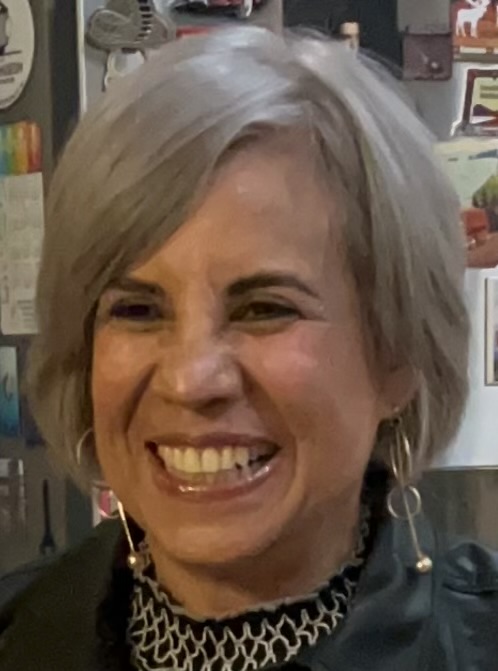
Dr. Villarino is a physician, epidemiologist, and researcher with more than 30 years of professional experience in clinical trials for new tuberculosis medicines and epidemiology, outbreak investigations, prevention, and control of infectious diseases. Elsa served from 1988 to 2019 at the Centers for Disease Control and Prevention. For the last 6 years of her CDC career, Elsa was the CDC-Mexico Office Director and the Public Health Attaché for the Department of Health and Human Services, ascribed to the U. S. Embassy in Mexico City. Elsa has served as a clinical provider caring for patients with TB and MDR-TB in the Public Health Clinics of Dekalb County Georgia and Santa Clara County California. Since 2021, she has been a Medical Epidemiologist at the California Department of Public Health (CDPH). Elsa is a graduate of the Autonomous University of Baja California Medical School (UABC, MD), San Diego State University, School of Public Health, Epidemiology and Biostatistics Program (SDSU, MPH), and the Preventive Medicine Residency Program of the Centers for Disease Control and Prevention (CDC, PMR).
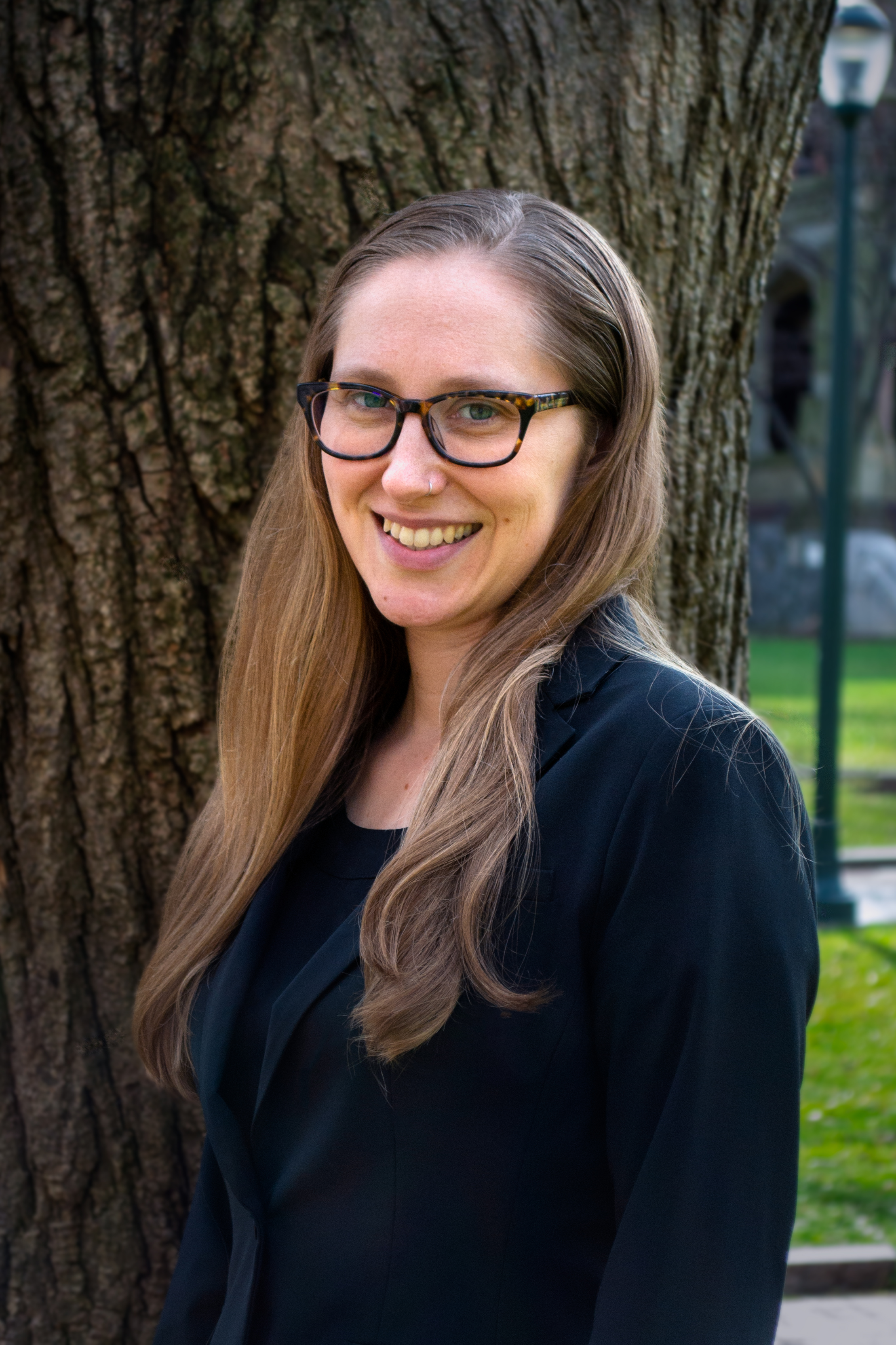
Lillian Walkover is a critical global health scholar, jointly appointed in the Department of Communication and Global Health Program. Her research focuses on the production and movement of global health knowledges, including a study of the adaptation and translation of the community health guide Where There Is No Doctor for use in India. She received her PhD in Sociology from the University of California, San Francisco, and her postdoctoral training at Drexel University.
Brenda K. Wilson, PhD is an Assistant Teaching Professor at UC San Diego’s Department of Ethnic Studies and Global Health Program (joint appointment). Her research and teaching focus primarily on health disparities, with an emphasis on structural violence, the role of power, and the impacts of social determinants on people’s health. Dr. Wilson’s methodology is ethnographic and qualitative and draws inspiration from the values of community-based participatory research. She has conducted photo-ethnographic fieldwork with Haitian migrant farmworkers in the Dominican Republic (2019) and with migrant farmworkers in India (2010) to examine how health inequalities are experienced and produced through historical, social, ecological, and political-economic factors. Her current research program ethnographically examines the health and geographic trajectories of asylum seekers and migrants from around the world who are crossing the US-Mexico border. Her other areas of teaching and research include precarious employment, critical race and gender studies, postcolonial science and technology studies, climate change and environmental health, short-term experiences in global health (STEGH), and social justice pedagogy and curricula. Dr. Wilson has her PhD in the Medical Humanities from the University of Texas Medical Branch, MA in Natural Resources and Environmental Management from the University of Manitoba, a BS in Human Biology from Texas State University, and completed her postdoctoral training at the Global Health Program at UC San Diego.

Dr. Thomas Csordas is an anthropologist whose principal interests are in medical and psychological anthropology, comparative religion, anthropological theory, cultural phenomenology and embodiment, globalization and social change, as well as language and culture.
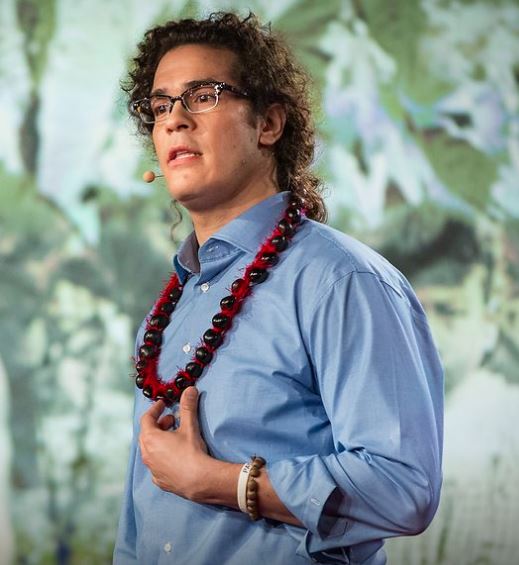
Dr. Keolu Fox is a human geneticist interested in exploring the links between human genetic variation and disease in underrepresented populations. Dr. Fox earned a Ph.D. in Genome Sciences at the University of Washington applying next-generation genome sequencing to increase compatibility for blood transfusion therapy and organ transplantation. Dr. Fox’s current research interests include genome sequencing technology, genome editing, and Indigenizing biomedical research.
Aftab Jassal is an anthropologist of religion, with longstanding research experience and interest in the Himalayas, specifically, Uttarakhand, a north Indian state bordering Tibet and Nepal. His research examines varying modes and registers of interaction between person, place, and divinity in South Asia. Drawing on anthropological and performance studies approaches, he is interested in how Hindu communities construct and enliven multiple social, ontological, and aesthetic realities through narrative and ritual performance, including ritual storytelling and possession.

Dr. Janis Hunter Jenkins is a psychological/medical anthropologist. She received her Ph.D. from UCLA and post-doctoral training at Harvard Medical School. Jenkins is an expert on psychological and medical anthropology, mental health, and Mexican and Central American migrants. Professor Jenkins is a leading scholar internationally within the field of culture and mental health and a core faculty member of the Global Heath Program.

Bonnie Kaiser is an Associate Professor jointly appointed in the Department of Anthropology and Global Health Program. Her research focuses on elucidating cultural models of mental health and illness and exploring their connections to care-seeking; developing and adapting measurement tools for cross-cultural research and interventions; improving cultural adaptation of global mental health interventions; and critically exploring concepts of trauma, risk, and resilience. She is a qualitative research specialist and consultant with UCSD's Dissemination and Implementation Science Center
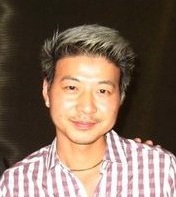
Kang’s research focuses on race, gender, sexuality, class, and transnationalism. His primary interests include the anthropology of love, beauty, sex work, sexual health, structural violence, and Hallyu (Korean Wave) studies. His geographic specialization is Southeast Asia (Thailand), with particular attention to inter-Asia and Asian diaspora connections. Dr. Kang has conducted research on the construction of Asian identity and interracial relationships in Thailand, examining how middle class differentiation structures desires for East Asian partners rather than Caucasian ones. This work addresses how racial preferences in romantic relationships are socially conditioned.
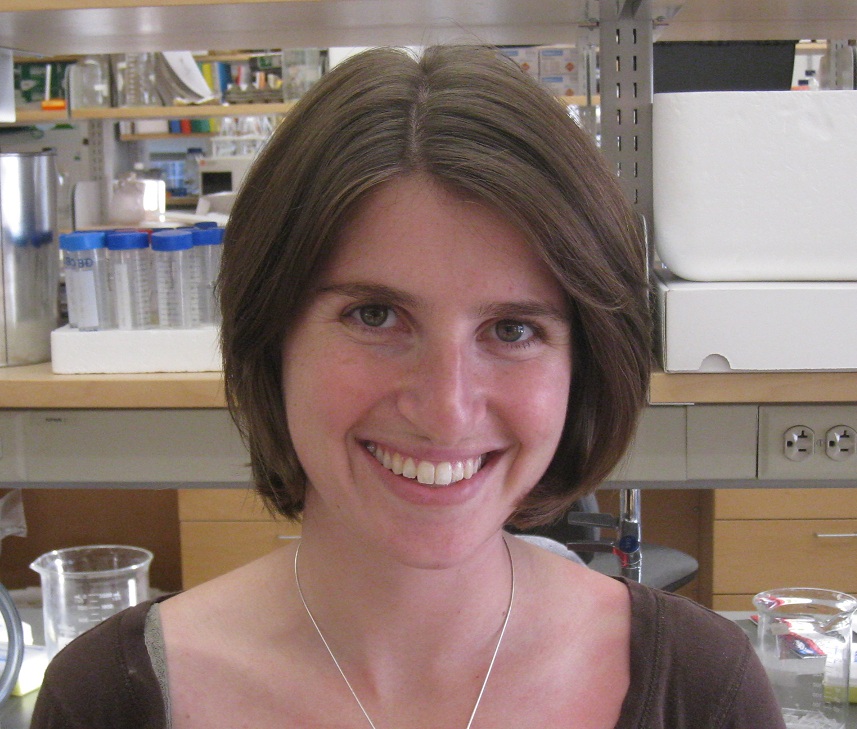
Dr. Non is a molecular anthropologist with an interest in the genetic and sociocultural contributors to racial and social inequalities in health. Currently, she is investigating how social experiences can become biologically embedded early in life to affect health throughout the life course. To do this, she is exploring epigenetic mechanisms, or modifications to the genome, that can link early adverse environmental exposures with altered gene expression, potentially resulting in long-term consequences for adult health and disease.

His major interests are cultural, medical, and psychological anthropology, social theory, religion, the self and subjectivity, global health and the subjectivity of suffering, climate change and its consequences for society and human values. His research has addressed a number of topics in psychological anthropology, with a central focus on the study of self, emotion, and moral experience. In the anthropology of religion and South Asian studies, his scholarly interests include Hinduism, Buddhism, and the role of ritual in selfhood and social life.
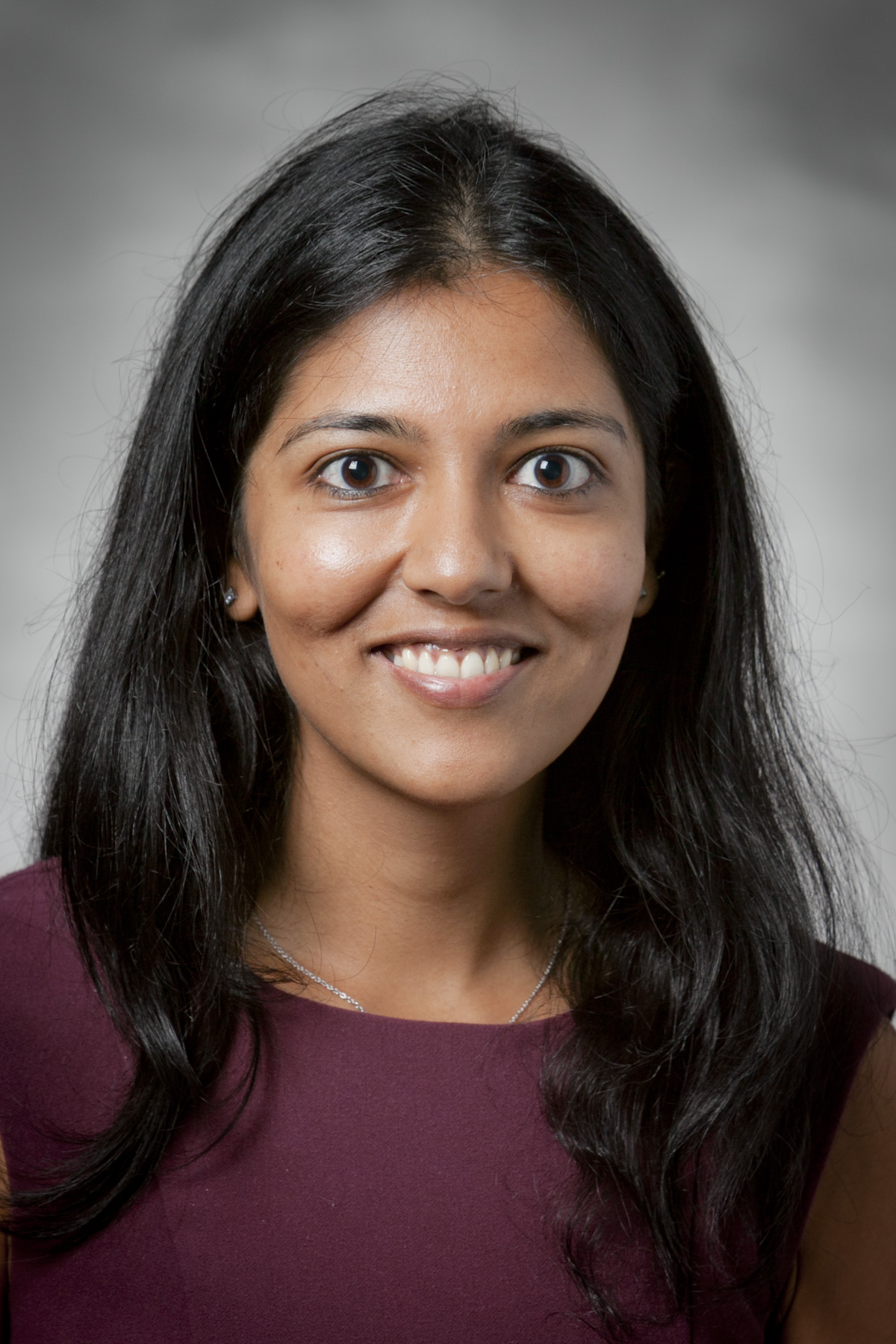
Her current research examines the texture of everyday pschiatric care in different sites of trauma-based humanitarian interventions in Indian occupied Kashmir. She teaches courses on global health, medical and psychiatric anthropology, humanitarianism, and South Asian studies.

His work focuses on a broad array of multidisciplinary topics in domestic and global public health research. This includes cross-cutting research and publications in disciplines of public health, medicine, international relations, public policy, law, technology, economics and intellectual property, technology environmental health, eHealth, crime, and global governance.
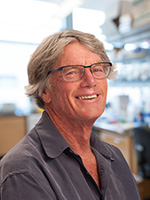
Professor Saier's research focuses on transcriptional and metabolic regulation in bacteria, transport protein evolution, and the recently identified process of transposon-mediated directed mutation.

Lillian Walkover is a critical global health scholar, jointly appointed in the Department of Communication and Global Health Program. Her research focuses on the production and movement of global health knowledges, including a study of the adaptation and translation of the community health guide Where There Is No Doctor for use in India. She received her PhD in Sociology from the University of California, San Francisco, and her postdoctoral training at Drexel University.
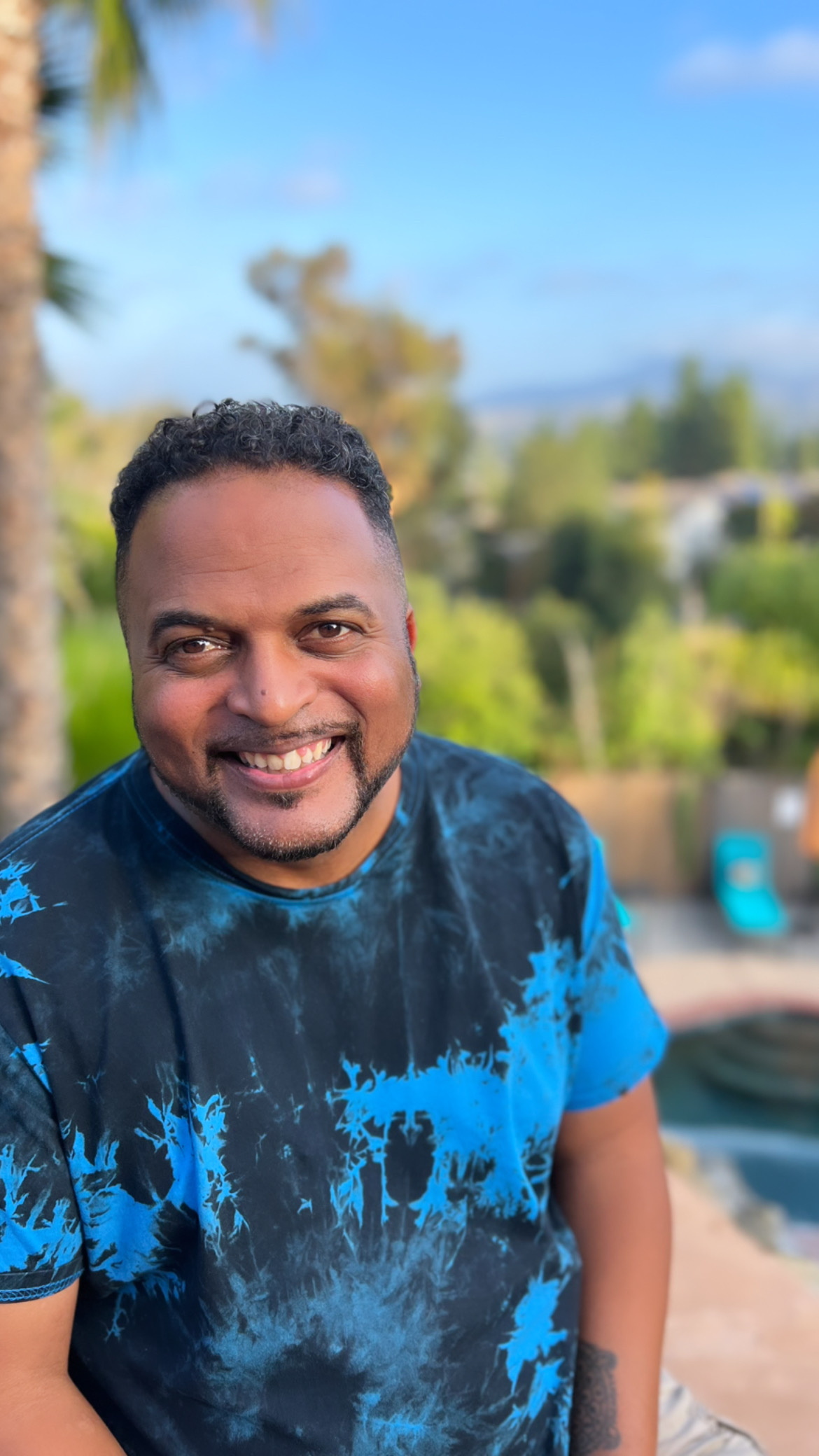
Former Professor, Chair, Department of Ethnic Studies and Director, NAIS Program
Andrew Jolivétte, former professor and department chair of American Indian Studies at San Francisco State University (2003-2019) is an accomplished internationally recognized researcher, educator, writer/poet, speaker, socio-cultural critic, and an aspiring chef. Jolivétte currently serves as the Board President of the American Indian Community Center in San Francisco, California where he was also Interim Executive Director from 2016-October 2018.
Jolivétte received his Ph.D in Sociology from the University of California Santa Cruz with specializations in the sociology of race and ethnicity, the sociology of education, the sociology of Latin America, and the sociology of family. He also holds an MA in Sociology from UC Santa Cruz, an MA in Ethnic Studies from San Francisco State, and a BA in Sociology from the University of San Francisco.
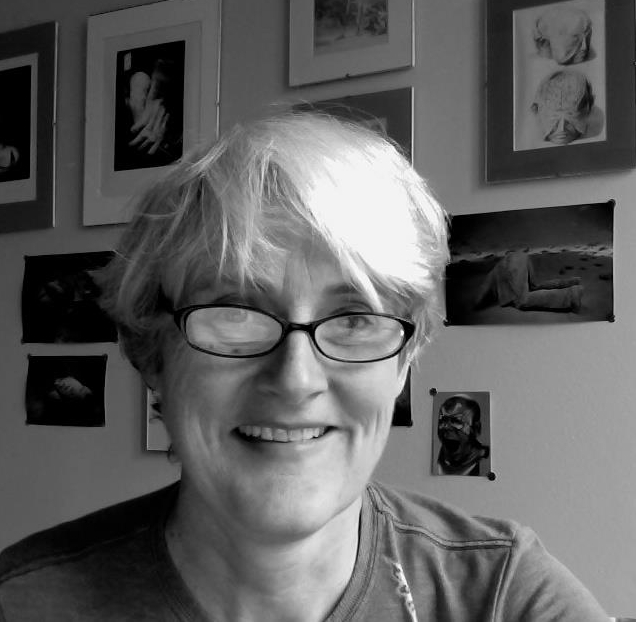
Professor Gere teaches courses on the history of medicine and medical ethics, and the history of the life sciences, especially genetics and the neurosciences.
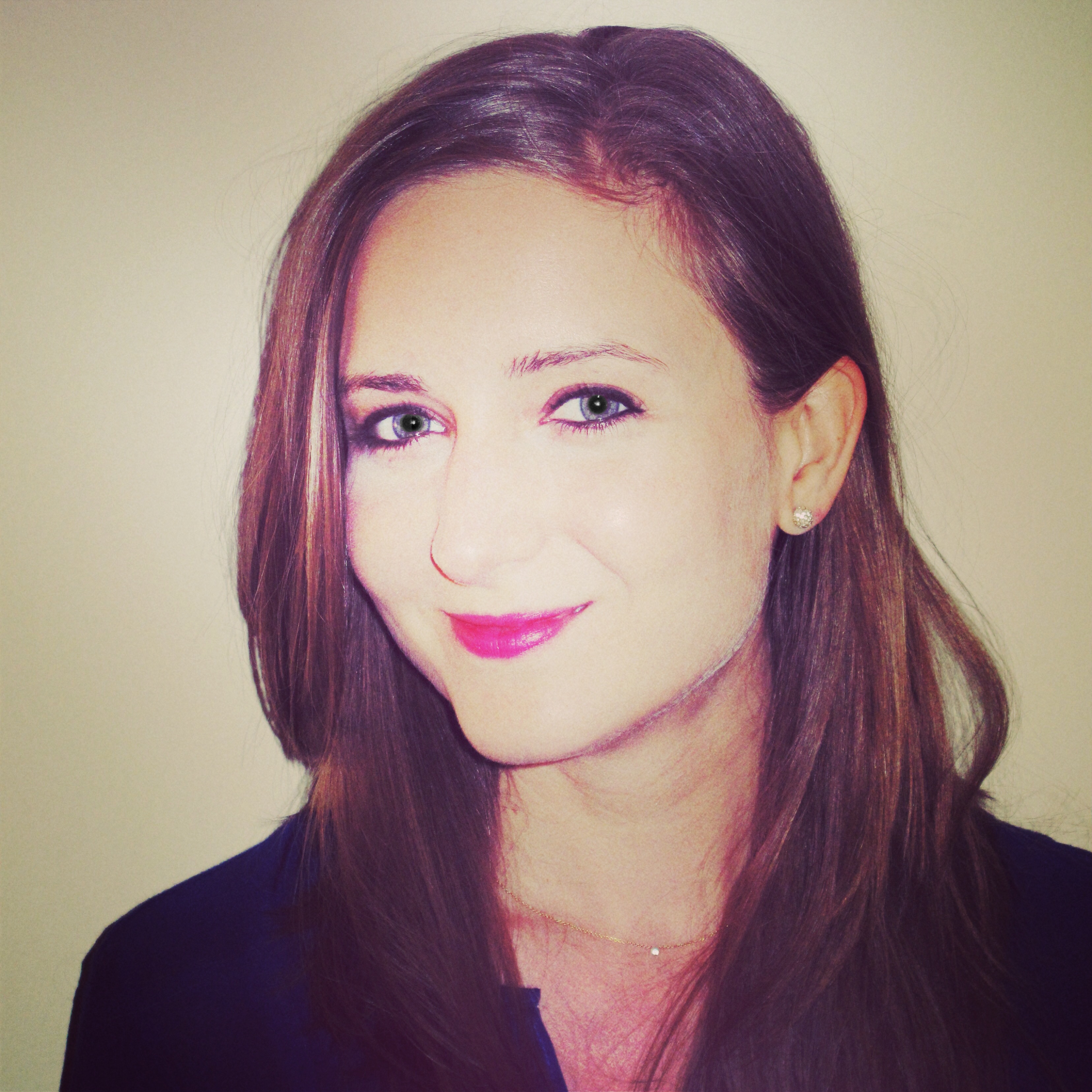
Professor Edington's research interests include the history of medicine and public health, the history of the French empire, and Southeast Asian Studies, especially the history of Vietnam. She is currently completing a book manuscript on the social history of psychiatry and mental illness in French colonial Vietnam. Her next project will examine the history of drug policy in Southeast Asia from the colonial period to the present, focusing on the collision of local approaches to drug users with international discourses around public health and human rights.
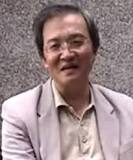
Liao is an internationally recognized authority in Taiwan Studies, specializing in Taiwan cultural history (from the Japanese colonial period to the current era of globalization), East-West comparative literature, inter-arts studies (fiction, film, poetry, painting, and opera), popular culture, and critical theory (poststructuralism, postmodernism, postcolonialism). His vision regarding his teaching agenda is an ambitious one of extensive collaboration with faculty across disciplines and fields throughout the UC system in order to develop new undergraduate and graduate courses on Taiwan literature, cinema, and modernity in East Asia.
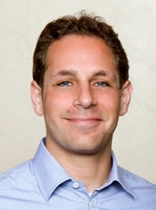
Professor Navon's primary areas of research are the sociology of science and knowledge/STS, comparative-historical sociology, social theory, medical sociology and qualitative methods.
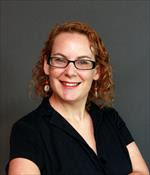
Dr. Rebecca Fielding-Miller's research examines structural drivers of HIV and gender based violence in the United States and sub-Saharan Africa with a focus on the intersection of race, gender, and economic inequality. She holds an MSPH in International Health, Social and Behavioral Interventions from the Johns Hopkins Bloomberg School of Public Health, and a PhD in Behavioral Sciences and Health Education from Emory University. She served as a Peace Corps Volunteer in South Africa from 2006-2008 and as a Fulbright Scholar in Swaziland in 2013-2014.
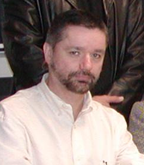
Dr. Burgos currently specializes in global health and development with emphasis on cost effectiveness analysis of HIV and Tuberculosis intervention programs in resource limited settings.
Dr Kayser's research explores the factors that limit the delivery of safe and sustainable water, sanitation and hygiene (WaSH) services and she tests specific WaSH interventions for their human and environmental health outcomes and their sustainability over time. Her recent research projects include a cross-sectional study of WaSH in health facilities and WaSH in schools in sub-Saharan Africa and a retrospective cohort study of water safety plans in Spain and France.
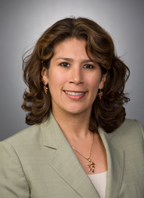
Dr. Ojeda’s research focuses on substance use, HIV/AIDS, and mental health comorbidities, with a focus on Latinos, including female sex workers, deportees, and injection drug users.
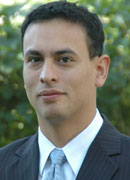
Dr. Suarez’s research focuses on understanding the role of environmental contaminants, primarily pesticides and persistent organic pollutants, on adult cardiovascular/metabolic health and on child development including neurocognitive, mental health, endocrine and other physiologic outcomes. He is PI and founder of the Study of Secondary Exposures to Pesticides among Children and Adolescents (ESPINA) study and the Nuts and Olestra for Persistent Organic Pollutant Reduction (NO-POPs) trial, and conducts ancillary work in the Coronary Artery Risk Development in Young Adults (CARDIA) study. Dr. Suarez is PI on several NIH and foundation grants and conducts research in the US and Ecuador.

Dr. Reema Sanghvi is an anesthesiologist in San Diego, California and is affiliated with UC San Diego Medical Center. She received her medical degree from Northwestern University Feinberg School of Medicine and has been in practice for more than 20 years.
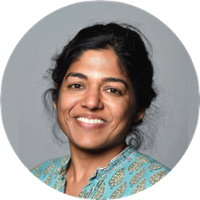
Dr. Mishra is trained in the computational, cognitive and translational neurosciences. She is the founder of the Neural Engineering & Translation Labs (NEATLabs) at UCSD. Her lab innovates digital technologies for scalable brain health mapping and precision therapeutics. NEATLabs conducts research across the lifespan in both local and global communities. Dr. Mishra's interdisciplinary research at the intersection of neuroscience and digital engineering, is addressing important societal challenges including scalable and personalized mental healthcare and climate change adaptation.

Dr. Rebecca Fielding-Miller's research examines structural drivers of HIV and gender based violence in the United States and sub-Saharan Africa with a focus on the intersection of race, gender, and economic inequality. She holds an MSPH in International Health, Social and Behavioral Interventions from the Johns Hopkins Bloomberg School of Public Health, and a PhD in Behavioral Sciences and Health Education from Emory University. She served as a Peace Corps Volunteer in South Africa from 2006-2008 and as a Fulbright Scholar in Swaziland in 2013-2014.
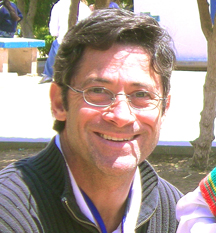
Dr. Garfein is an infectious disease epidemiologist and expert in designing and implementing research studies involving infectious diseases, laboratory practices, health behaviors and vulnerable populations. Before joining the UCSD faculty in 2005, he served as an Epidemic Intelligence Service Officer in the Division of Viral Hepatitis and a Senior Staff Epidemiologist in the Division of HIV/AIDS Prevention at the Centers for Disease Control and Prevention. His research focuses on diseases associated with substance use, including HIV, HBV, HCV and TB in the U.S. and abroad. Since 2009, his research has also focused on the use of mobile technology to improve anti-TB treatment adherence while reducing the cost and burden of treatment monitoring on patients and providers.
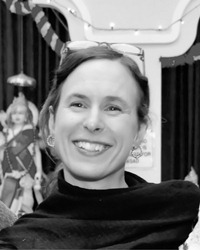
Her primary research interests are the social determinants of health, with a focus on social networks and social norms in the context of family health. Specifically she is interested in interpersonal network dynamics, including relational hierarchies, and multidimensional network relationships. One of her main undertakings is to understand how those network dynamics impact norms around health behavior.
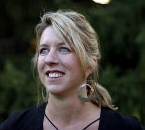
Strathdee is the Associate Dean of Global Health Sciences and Harold Simon Professor in the Department of Medicine at the University of California San Diego School of Medicine. She is an infectious disease epidemiologist who has spent the last two decades focusing on HIV prevention in underserved, marginalized populations in developed and developing countries, including injection drug users, men having sex with men, and sex workers. Dr. Strathdee also directs the Global Health Institute and co-directs the UCSD Center for AIDS Research's International Core.
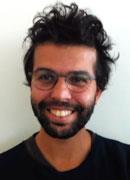
Tarik Benmarhnia is a climate change epidemiologist with a joint appointment at the University of California San Diego’s Scripps institution of Oceanography and School of Medicine. He was an environmental scientist on contaminated soil with the French Railway Company, followed by a Health Scientist position with the French National Institute of Health Education and Prevention, and most recently was a post-doc at McGill University with the Institute for Health and Social Policy.
Forman's research engages issues at the intersectionof ethics, public culture, urban policy and the city- including human rights at the urban scale, climate justice, border ethics and equitable urbanization.
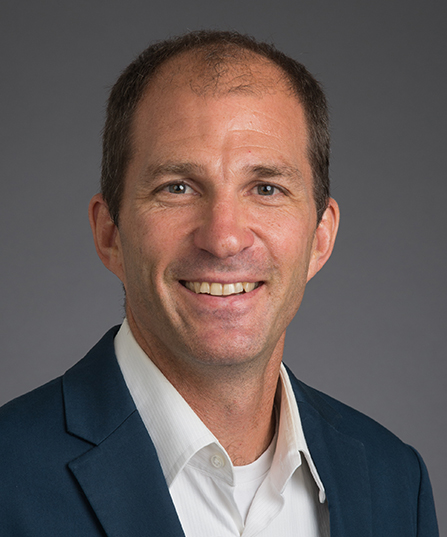
Interests include racial and ethnic politics, urban politics, and political behavior.
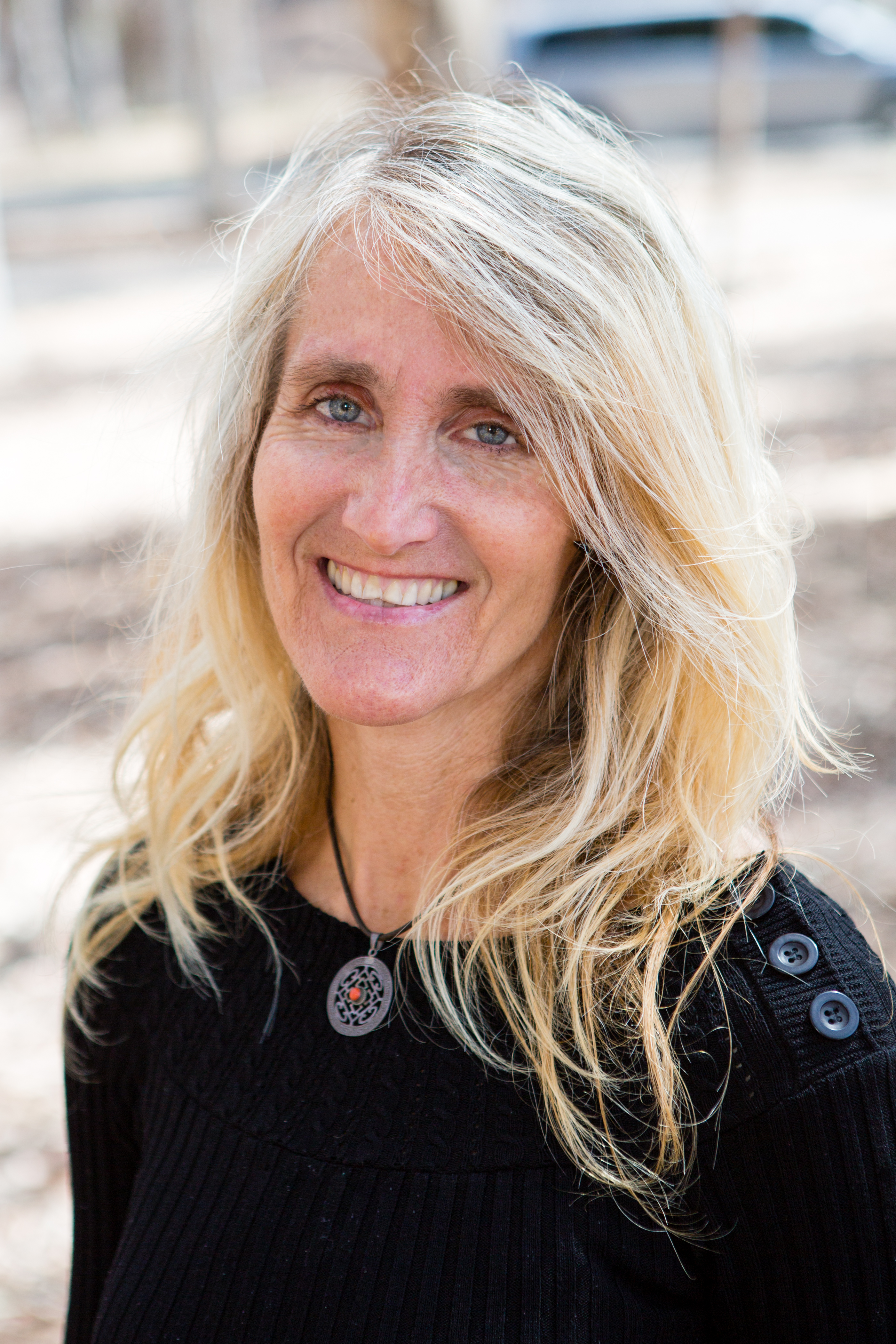
Dr. Lewis' research interests include the social, environmental, and structural determinants of health, systems of inequity and their health impacts across the lifecourse, social/racial/spatial and environmental justice, homelessness/houselessness, climate action, community-based participatory action research, and fostering community resilience.
Life Course Scholar Program | H-Hub San Diego | UCSD Bioregional Center
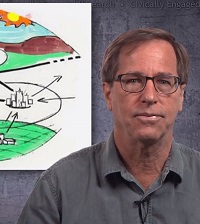
PhD, Director of Bioregional Center for Sustainability Science, Planning and Design
Keith Pezzoli's research and multimedia production focuses on sustainability, bioregional theory, science communication, green infrastructure, and coupled natural-human system interactions in the development of cities and regions around the world. Since 2000, Pezzoli has been leading the Community Engagement Core and Research Translation Core of UCSD’s Superfund Research Center (SRC) funded by the National Institute of Environmental Health Sciences (NIEHS).
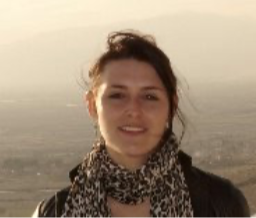
Maud Arnal is a medical sociologist and a certified professional midwife in California. She obtained her PhD in Sociology from the School for Advanced Studies in the Social Sciences, France. She began her studies in midwifery in France where she became a certified nurse midwife. While working as a nurse midwife in hospitals in Paris, Maud obtained a research master degree in social sciences followed by a doctoral degree at the School for Advanced Studies in the Social Sciences. Her research interests include: i) the experimentation of alternative birth practices and birthing centers comparing France, Quebec and California; ii) racialization, reproductive justice, and maternal mental health.
Dr. Card received his PhD from the University of Cambridge, in England, and his MPH in Global Communicable Disease from the University of South Florida. His recent work has focused on two broad areas: 1) Patient safety and healthcare quality improvement (with a particular emphasis on participatory design methods), and 2) Well-being, avoidable suffering, and burnout.
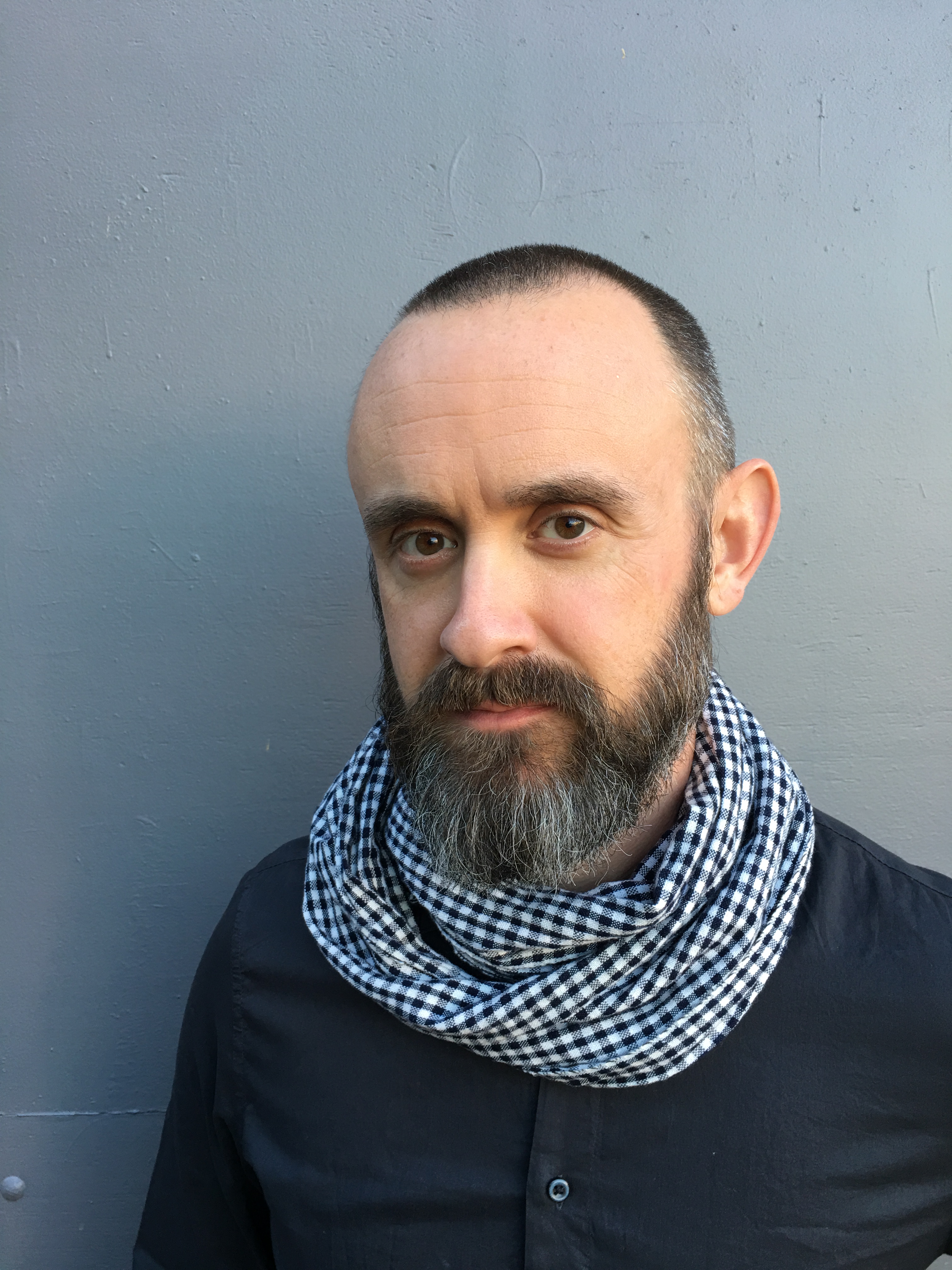
Dr. Aaron Denham is a medical and psychological anthropologist, coordinating UC San Diego's new Master of Arts in Global Health Program. His research examines infanticide practices and discourse in Northern Ghana, offering experience-near accounts that show how Nankani families with “spirit children” manage misfortune and ambiguity. He also looks at how people use interpretive divination to navigate uncertainty and disorder. Dr. Denham has studied the trauma narratives of people diagnosed with younger-onset dementia in Australia and researched historical trauma and the models of mental health and healing in Inuit and Coeur d’Alene Indian families.

Dr. Seth D. Hannah is a sociologist specializing in how race, ethnicity, and culture shapes the delivery of healthcare. Dr. Hannah earned his Ph.D. from Harvard University in 2011 after completing a predoctoral training program in Inequality and Social Policy from Harvard’s Kennedy School of Government and another in Culture and Mental Health Services from Harvard Medical School. He is currently studying the dynamics of medical interpreting in community health settings, the different ways diversity impacts health care in the United States, Switzerland, and Canada, and the experiences of fatherhood among formerly incarcerated African American men.
Ellen Kozelka's research interests include the US-México border; the phenomenology of healing; migration and health; ethnographic methods; and global mental health. She defended her dissertation "Investigating the Role of Cultural Environment in Addiction Treatment and Recovery in the United States-México Border Zone" and was awarded her PhD in June 2020. This research was part of an international and inter-institutional project with El Colegio de la Frontera Norte and Universidad Autónoma de Baja California run by Dra. Olga Odgers Ortiz that investigated the relatively recent proliferation of religious and secular/spiritual drug rehabilitation centers in Tijuana, MX.
Ellen's ongoing research explores cross-border conceptions of mental illness as well as their relationship to care-seeking and therapeutic experience. She is also a member of the CGMH research team for several projects (SWYEPT, Bienestar, Adolescent Mental Health in Southern California). Her participation in these projects focuses on the lived experience of psychotropic drugs (both prescribed and otherwise) and cultural understandings of mental illness.

Dr. Murto works for the San Diego County Public Health Service as the coordinator for refugee health screening program and the Cure TB program in San Diego Public Health Services Division of TB Control and Refugee Health. Her professional activities and areas of interest are in Migrant and rural health, Neglected tropical disease (NTD), Social Determinants of health, Mixed method qualitative and quantitative research, and Monitoring and Evaluation.
Dr. Nadia Sanitllanes is a social anthropologist with expertise on mental health and migration. Since 2007, she has conducted research on health and migration in various contexts and population groups. One of them aimed to explore the difficulties that mexican undocumented have in accessing health services in New York City. In 2009, she participated as responsible in the binational project: Migration and its impact on the aging of men and women; a comparative study of the health of older migrants in Texas, California, Illinois and Mexico (UNAM and Texas A & M University). In 2011 she collaborated in the multi-center project: International migration and rights in sexual and reproductive health in migrants from Central America and Mexico, led by the National Institute of Public Health. Finally during the PhD she did her ethnographic work on the health / illness / care process of mexican undocumented women diagnosed with depression in the city of New York. Her principal interests are violence and its linkage with mental health problems in vulnerable groups in migrational contexts. Primary interest also include the evaluation of public health policies towards the specific needs of migrant groups.
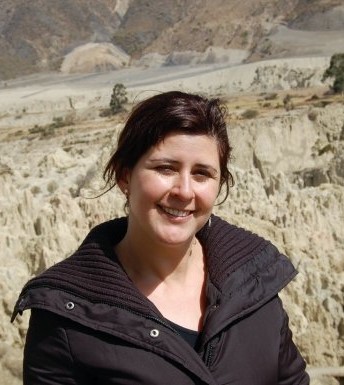
Research Interests: Global Health and Inequality, Racisms, Gender, Health and Development, Indigenous Medicines, Cultural Epidemiology and Infectious Diseases, History of Medicine, Latin America.
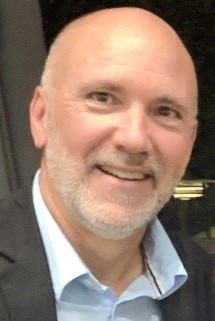
Steven Wiersma is a medical epidemiologist at the Centers for Disease Control and Prevention (CDC). He is currently on assignment as the Associate Director for Science and Branch Chief for Technical Programs at the US Department of Defense HIV/AIDS Prevention Program (DHAPP) located in San Diego, California. Dr. Wiersma has more than 30 years of professional experience in clinical medicine and public health. He has held long and short-term positions in Asia, Africa, Europe, the Middle East and the United States with WHO, CDC, USAID, the State of Florida, Johns Hopkins University, NGOs and the US military. His research interests are broad and include HIV/AIDS epidemic control, field epidemiology and viral hepatitis.
Miranda is a psychological/medical anthropologist whose research interest is on mental health and transgenerational experience and trauma across historical transitions in Mainland China. Her dissertation work, “Where do I place my body and heart: embodiment and emotion across personal and historical transitions in modern China”, takes a phenomenological perspective in understanding how people understand the changes in their bodily and emotional experiences across life stages under intensified social transformation in East Asian society. Her research investigates mental health, personal relations, and person-culture interactions across several generations in China. Miranda is also interested in the temporal-spatial aspects of everyday life and the broadened meaning and methods of illness experiences and healing in mental health across cultures. She also collaborates with the Fudan-UC center at UCSD and Fudan University’s anthropological team to explore the culturally shaped experience of mental health and psychological well-being and management in multiple cities in China.

It is with the deepest sorrow and regret to inform the UCSD Global Health community that Dr. Seth Hannah has died at age 47 after a sudden and severe heart attack two weeks ago. Friends, family, and colleagues thought that he had survived. He was interacting with his characteristic loquacious wit, interpersonal warmth, and intellectual energy intact before his fatal setback.
Dr. Hannah was known to us as a vibrant instructor of our undergraduate core courses as well as electives on health disparities and bioethics. He was the Academic Coordinator of our Masters of Arts in Global Health as well as the inspiring and dynamic instructor of the core MAGH Seminar. He recently took on the role of Faculty Advisor for the UC San Diego chapter of Partners in Health Engage, which he worked to inaugurate as a new feature of the GHP. Dr. Hannah received his doctorate in Sociology from Harvard University in 2011 with a dissertation entitled Clinical Care in Environments of Hyperdiversity: Race, Culture, and Ethnicity in a Post-Pentad World. He subsequently became a Lecturer in Sociology at Harvard, where from 2011-14 he was the academic assistant to Professors Mary-Jo Delvecchio Good and Byron J. Good. From 2014-16 he was a Postdoctoral Associate in the Program in Global Health and Medical Humanities as well as an Instructor in the Department of Anthropology at the Massachusetts Institute of Technology. He then returned to his native California as a Lecturer in Sociology at California Polytechnic State University from 2016-19. He joined our Global Health Program at UC San Diego in 2020.
Dr. Hannah is survived by his wife and two children. All of us in the GHP will be mourning and missing him for a very long time to come.
For inactive lecturers, inquiries should be directed to antsocap@ucsd.edu